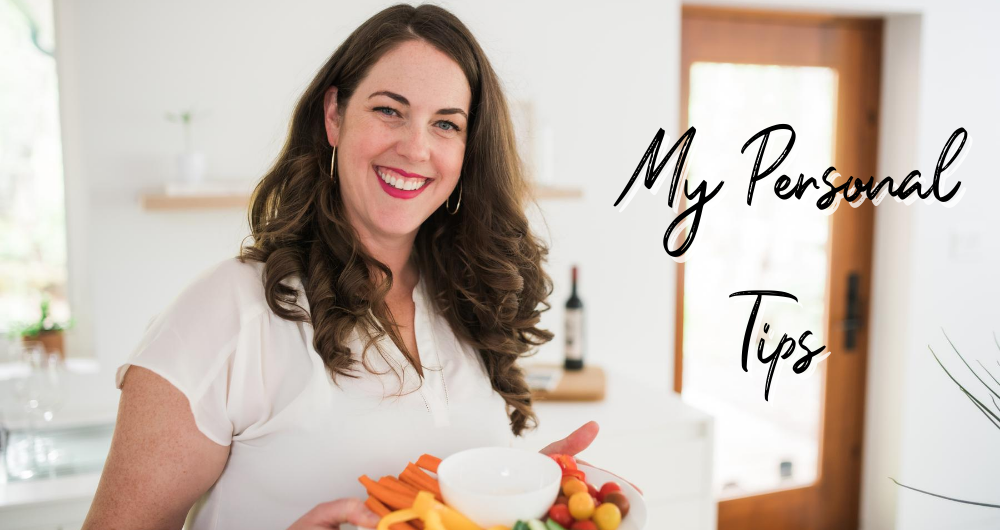Real questions from real doctors about emotional eating, call room binges, and why starting feels impossible
“I’ve been following you for some time and I just can’t pull the trigger to start. I want to lose weight so badly. What’s stopping me?”
This question came from a physician during my recent live Q&A, and holy shit, it hit me right in the chest. Because I remember asking myself this exact question for years.
This is Part 1 of a two-part series where I tackle the real struggles women physicians shared with me. No BS, just honest answers to the stuff that keeps us up at night.
The Questions That Actually Matter
In this first episode, I answered three questions that basically sum up physician life:
Question 1: How do you manage emotional eating when dealing with ongoing chronic stress – like caring for a teen with chronic health issues while working as a physician?
Question 2: What do you do about call room snacks when you’re exhausted and surrounded by Kraft Mac and cheese at 2 AM?
Question 3: Why can’t I start changing when I want to lose weight so badly?
These aren’t just food problems. They’re survival problems.
The Hidden Reality of Our Eating Struggles
As physicians, we face eating challenges that most people can’t understand. Like the doctor who wrote: “Our call room is stuffed with snacks and our calls are exhausting. I’ve tried to bring healthier snacks, but somehow end up eating Kraft Mac and cheese at 2 AM trying not to fall asleep.”
Or this one: “Any guidance for managing emotional eating with ongoing chronic stress, like looking after a teen with chronic health conditions while working as a physician?”
Sound familiar? Yeah, I thought so.
Why Chronic Stress Makes Us Reach for Food
When you’re managing a teenager’s chronic illness while seeing 25 patients a day, your brain is constantly in emergency mode. That evening ice cream or those late-night crackers? Your brain sees them as the fastest way to hit the brake pedal on an overwhelmed nervous system.
Here’s what I’ve learned after years of struggling and now coaching hundreds of physicians:
Emotional eating isn’t a food issue. It’s your brain defaulting to the easiest form of stress management it can find.
The Real Solution for Chronic Stress Eating
Instead of trying to eliminate the eating (spoiler alert: that doesn’t work), we need to address it at two levels:
Level 1: Manage the chronic stress itself
- Work on how you think about your child’s illness
- Use a “dose-response” approach to self-care (when stress goes up, self-care must go up too)
- Give yourself permission to say no to other shit during high-stress periods
Level 2: Reduce daily stress accumulation Think about it this way: you have a baseline stress level from your child’s condition. Then you add daily physician stresses – the backed-up waiting room, unexpected consult calls, difficult patients.
It’s often these daily stresses that push you over the line where your brain starts reaching for food.
The 2 AM Call Room Dilemma
When you’re 20 hours into a shift and your brain is demanding Kraft mac and cheese, there are real physiological changes happening. Sleep deprivation screws with your hunger hormones and makes you crave processed foods.
The solution isn’t willpower. It’s strategy.
Instead of just removing the mac and cheese (which feels unfair when you’re doing something genuinely hard), replace it with something that:
- Still tastes good and feels like a treat
- Actually supports your energy instead of causing a crash
- Is easy to pack and access
Think seasoned nuts, really good cheese, berries with yogurt, or other healthier snacks that get you excited.
Why Starting Feels Impossible
The biggest reason physicians can’t start changing their eating? We tell ourselves it has to be hard, time-consuming, and restrictive.
When your mental list looks like: “Give up favorite foods, track every calorie, exercise an hour daily, meal prep on weekends,” of course you’re going to keep putting it off. That sounds like hell.
Here’s how to flip it:
Instead of “How can I restrict myself more?” ask “How can I make this easier?”
Instead of “What do I have to give up?” ask “What would I actually enjoy?”
Instead of “I need to be perfect” try “I just need to be consistent.”
The Missing Piece Medical School Didn’t Teach
We learned to diagnose and treat disease, but nobody taught us how to care for ourselves in the context of how we’re expected to live and practice medicine.
The skills that make us excellent physicians – pushing through exhaustion, ignoring our body’s signals, putting everyone else first – are exactly what make conventional diet approaches fail for us.
It’s not our fault. We just need different strategies.
Your Next Step
If you’re ready to stop the cycle of knowing what to do but struggling to actually do it, start by asking yourself these questions:
- What’s the easiest healthy change I could make this week?
- How can I meet myself where I’m at instead of where I think I should be?
- What would make eating healthier feel enjoyable instead of restrictive?
Remember: You don’t need more willpower. You need better strategies that actually work in your real physician life.
Don’t miss Part 2 next week where we dive into whether it’s food addiction or emotional eating, sweet cravings on low carb, and identity shifts when your health finally improves.
Dr. Siobhan Key is a family physician and obesity medicine specialist who helps women physicians stop feeling out of control around food. After struggling for years with emotional eating during her medical training and practice, she developed an approach that works specifically for the unique challenges physicians face.
Listen to the full episode below.






Recent Comments